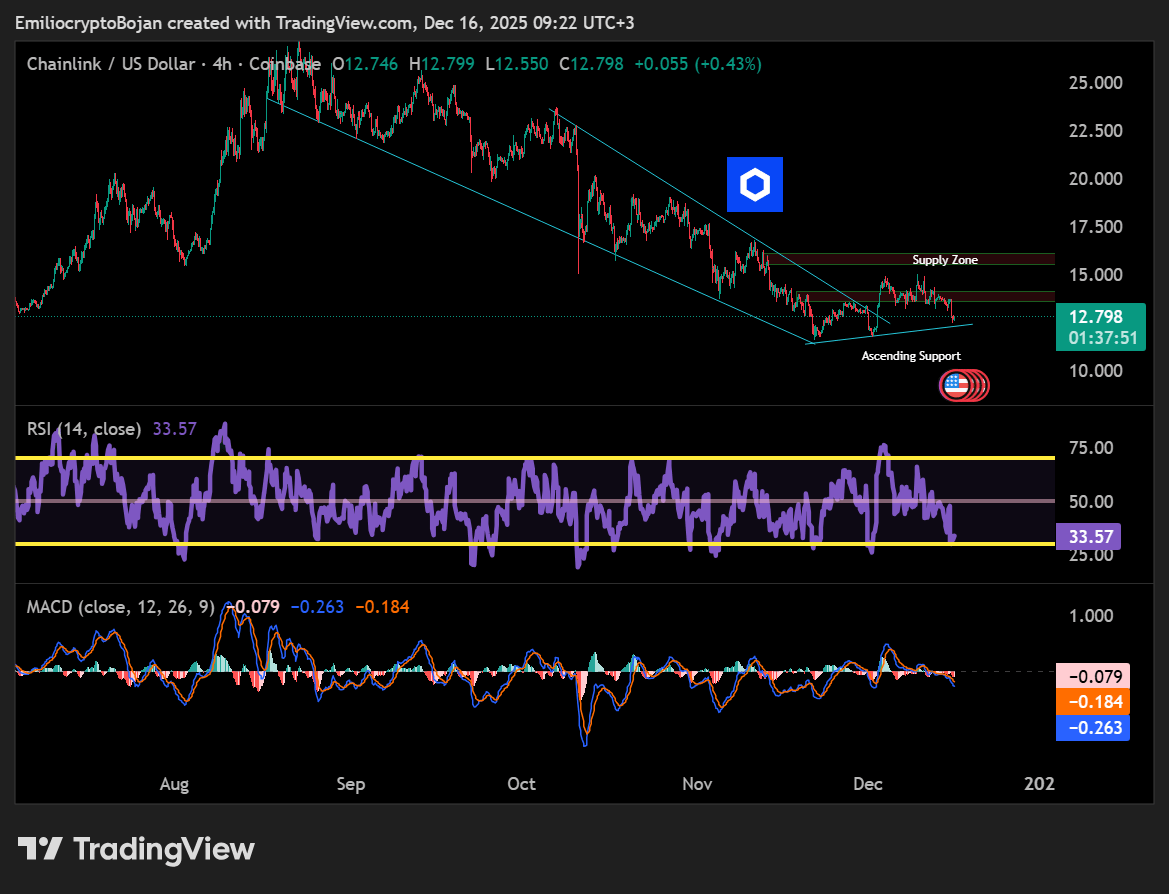Apple has been hit with a fresh copyright lawsuit after two authors accused the company of illegally using their works to train its artificial intelligence models.
The lawsuit, filed in federal court in Northern California on Friday, claims Apple used pirated copies of books by Grady Hendrix and Jennifer Roberson to build its OpenELM large language models without authorization, credit, or payment.
The proposed class action adds Apple to a growing list of technology companies facing litigation over their use of copyrighted material in training datasets.
“Apple has not attempted to pay these authors for their contributions to this potentially lucrative venture,” the complaint said. Hendrix, based in New York, and Roberson, in Arizona, allege their works were part of a dataset of pirated books long known to circulate in machine learning research circles.
AI firms are facing copyright lawsuits
The action against Apple comes amid a series of high-profile legal battles over the use of copyrighted material in AI development. On the same day, AI startup Anthropic said it would pay $1.5 billion to settle claims from a group of authors who alleged it trained its Claude chatbot without appropriate permission.
Lawyers for the plaintiffs described the deal as the largest copyright recovery in history, even though Anthropic did not admit liability.
Other tech giants are also facing similar litigation. Microsoft was sued in June by a group of writers who claim their works were used without permission to train its Megatron model. Meta Platforms and OpenAI, backed by Microsoft, have likewise been accused of appropriating copyrighted works without licenses.
The stakes for Apple
For Apple, the lawsuit is a setback as the company seeks to expand its AI capabilities after unveiling its OpenELM family of models earlier this year. Marketed as smaller, more efficient alternatives to frontier systems from OpenAI and Google, the models are designed to be integrated across Apple’s hardware and software ecosystem.
The plaintiffs argue that Apple’s reliance on pirated works taints those efforts and leaves the company open to claims of unjust enrichment.
Analysts say Apple may be especially vulnerable because it has positioned itself as a privacy-first, user-centric technology provider. If courts find that its AI models were trained on stolen data, the reputational blow could be even more impactful than any financial penalty.
The lawsuits also highlight the unresolved question of how copyright law applies to AI training. Supporters of “fair use” argue that exposure to text is akin to a human reading, providing context for generating new material rather than reproducing originals.
Opponents contend that wholesale ingestion of copyrighted works without a license deprives creators of rightful compensation.
Anthropic’s record settlement may tilt the balance. By agreeing to a massive payout, even without admitting liability, the company has signaled the risks of fighting such cases in court. Apple now faces the prospect of similar financial exposure if its case proceeds to trial.
Your crypto news deserves attention - KEY Difference Wire puts you on 250+ top sites

